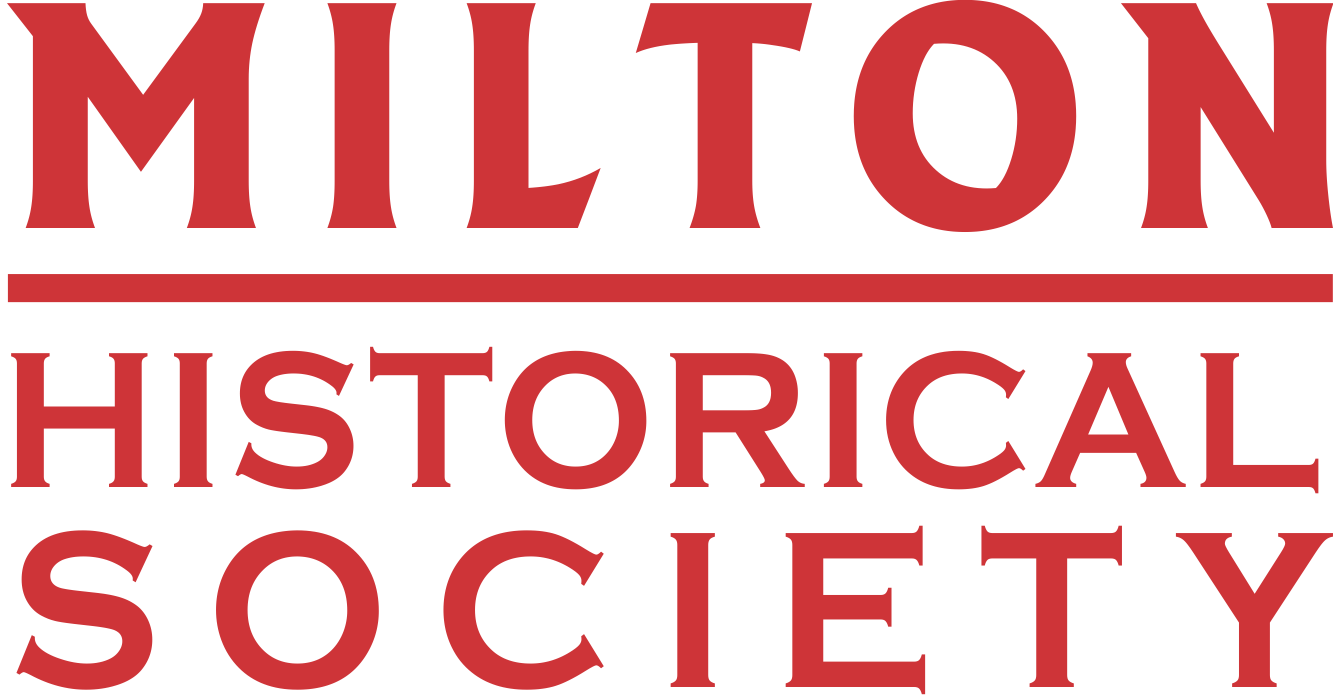
In December 1864 Milton Council accepted the offer of Joseph Martin to provide the site for a new Market House for the town.
The building was to be of stone, about 40 feet by 60 feet and the cost was estimated at $4,000. The lowest tender came in at $6,640 but Councillor Joseph Martin (1818-1900) maintained he could build it for just $5,000. The contract was awarded to him in June 1865, he resigned his council seat and work began.
Joseph Martin was the second son of Jasper and Sarah Martin who came to Canada in 1818. Joseph was an infant at that time.
The construction and the payment for the work continued to be contentious for the life of three councils. For nearly a year Council was unable to obtain a quorum of members to enable it to conduct other than the most essential business.
“It is no use talking about the Market House. It is built and must be paid for and the only sensible course is to accept as a fixed fact and make the best of it,” wrote the editor of The Canadian Champion in August 1866.
The building committee was authorized then to complete the tower on the town hall but this was months in coming, following yet another controversy, as council refused to accept the building from the contractor who sought payment of his $5,000 plus interest on $1,000.
It was late in July 1867 that the committee recommended acceptance of the town hall, paying $5,000, less $250 for rent of the town hall and completion of the basement floor.
The first meeting in the new building was on Monday September 16, 1867. Council had previously met in a building across the street from 1858.
The tower on the building was not completed until June 1868 when the dome was erected by another contractor. Even that was controversial with council maintaining the construction had not been done in a workmanlike manner and suits and arbitration followed.
The memoirs of Charles Jones, written in 1936, indicate that Peter Bam Zimmerman was the builder and it is his likeness that is carved in the key stone over the door. David Downie worked as a mason on the building and Thomas McDowell did the plastering.
Offices in the building were rented and in 1868 John Dewar Jr., Crown Attorney; Mateson and Dixon, Barristers at Law; and the library Reading Room were all located on the main floor.
In April 1894 Council approved the brick addition at the rear of the stone section. The Town vacated this building in 1985 to occupy the former county court houses.
Town Bell
In 1877 the Council approved the purchase of a 400 pound bell at the cheapest cost and attempted to obtain subscriptions to pay for it.
The town bell played an important role in the life of the community. It was rung on Sunday for Divine Worship at 10:30 a.m., at 2:30 p.m. and at 6:00 p.m. It also served for many years as the town’s fire alarm to summon firefighters and in years of water shortages it was used to alert ratepayers that the water service would be discontinued, either to repair a pipe or because of insufficient supply in the reservoir.
The town bell also shared the use of the town hall tower with a hose drying box in which fire hose was hung to drain and dry. The hose drained into a water tank in the main entrance way to the building.
In 1894 Council purchased an 800 lb. bell from the Blimer Bell Co. of Cincinnati, Ohio since the old bell had been cracked for some time.
The Auditorium
The auditorium on the second floor of the town hall was the community centre until changes in 1966 resulted in the council chambers being moved there and the interior of the building being completely renovated.
The auditorium was in place in 1867 when government representatives were to be elected as a result of Confederation. The raucous nomination meeting to name candidates bordered on a riot.
Besides the political meetings, of course, was the whole range of community activity from the opening benefit concert held to raise funds for a piano, through gala balls, soirees, tea meetings, stage presentations, public speaking competitions, Christmas concerts and card parties. The charter night dinner and meeting for the Rotary Club of Milton was held there in 1947.
Building Changes
A weigh scale for farm produce was maintained beside the town hall for many years, with the clerk operating it. In November 1913 a furnace was installed after the steam supply from the adjacent power house was discontinued.
The steps and front entrance to the building were altered in the 1940’s with the outside steps being moved inside and glass doors installed. In February 1949 the new kitchen was completed on the second floor back of the stage. Early home economics classes received their training there from the local schools.
In 1952 major changes were made in the interior with the library being moved to the basement and a council chamber and police office taking its place on the main level. It was at this time too that the dome was removed from the tower and the bell lowered.
In 1955 the panelling was completed in the main hall.
In 1966 a major renovation was undertaken–just 100 years after the original building had been completed-which saw the upstairs auditorium converted to a council chamber and other space altered, including the removal of the stage and kitchen.
Research by Jim Dills. Published by the Milton Historical Society


